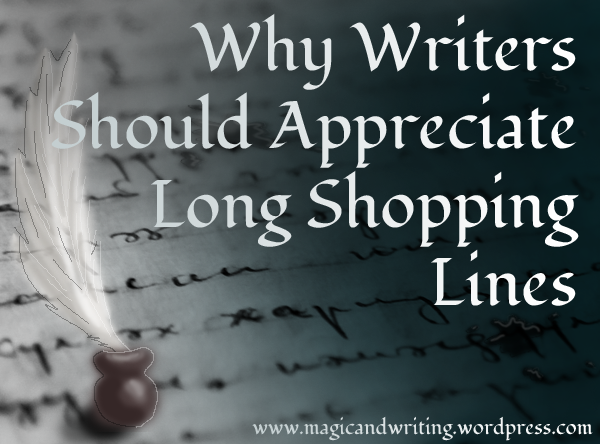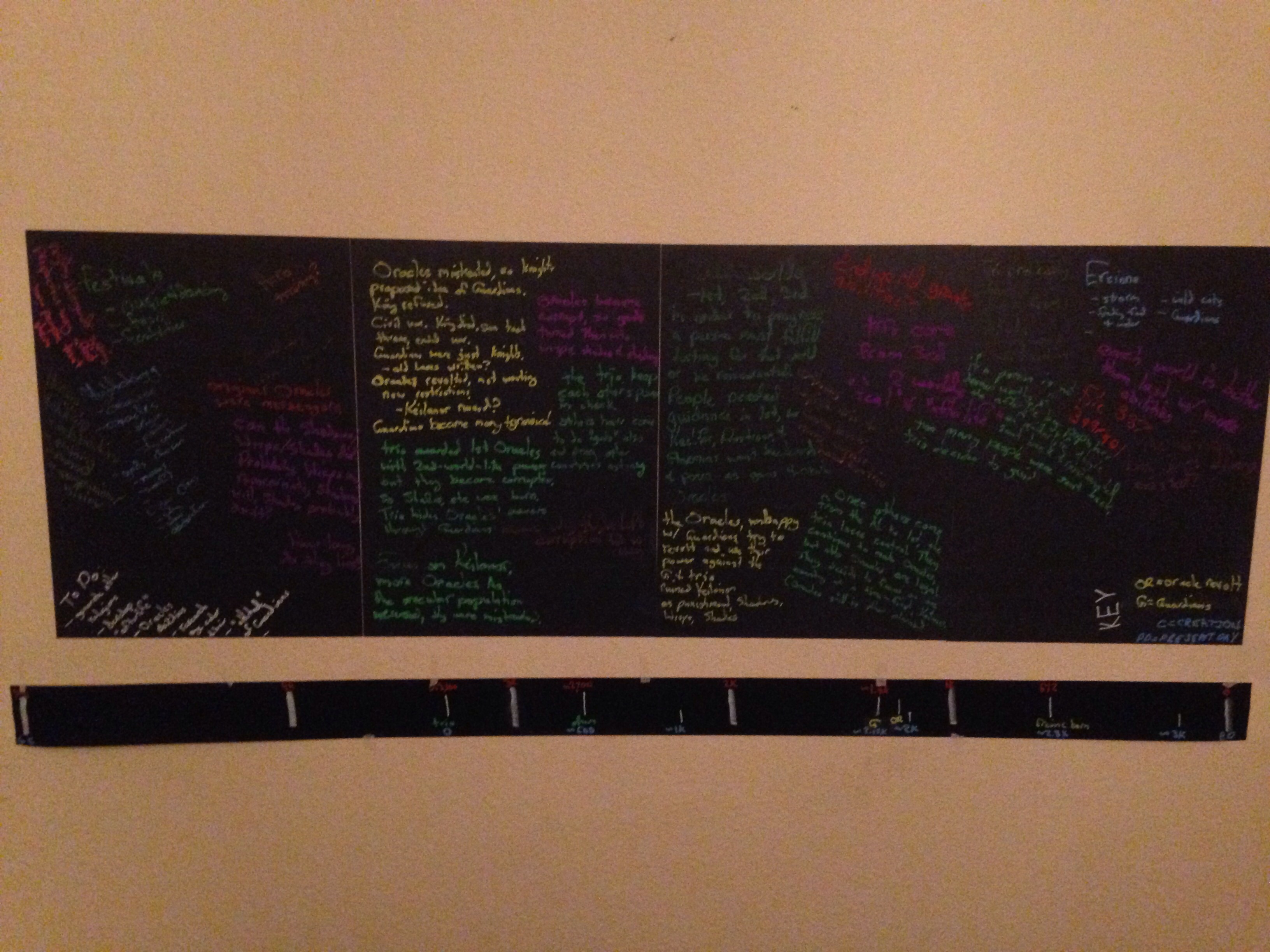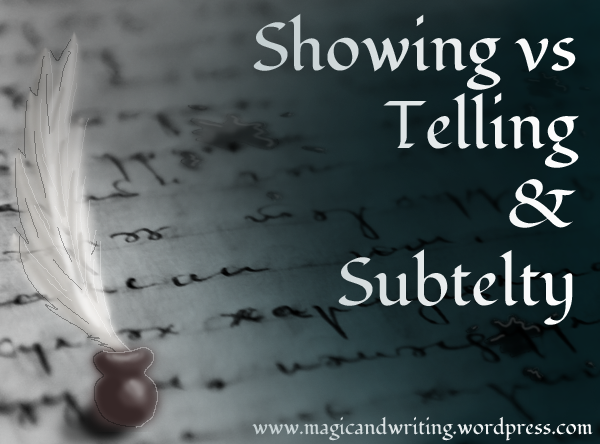This is a mostly random short story I started at the beginning of January, and then didn’t finish until like a week or so later. It is my second short story written so far in 2016.
u no anyting bout dragon eggs???
The text came through at three in the morning, startling me awake. I stared sleepily at my phone, my brain taking its sweet, sugary time to process the words. With a groan, I settled back against my pillow, and texted back, They probably don’t like being woken up at three in the morning. Why are you even awake?
The response was almost instant, considering Elliot could probably text faster, and with better spelling, with his toes. No srsly do u??
Clearly this was not going to be a “give hinthint comments to let me go back to sleep” kind of situation. Why dragon eggs?
Lorrennnnnnnnnnnaaaaa plz
Wow. That must have taken forever to type. And it was totally unhelpful. I rolled my eyes, and pulled my covers over my face. Not that there was anything to hide from—my blackout curtains allowed as much light into my bedroom as a black-hole would.
Finally, I pulled it back and dialed his number into my phone. He picked up pretty quickly.
“Since I’m already awake, we might as well avoid your terrible spelling,” I said as way of hello. “So why is it you need to know about dragon eggs when the sky is still darker than this black-hole in my room?”
“Black-hole—? Wha—? Lorena, just—” Elliot sounded pretty panicky, and I sat up straight, instantly worried. He groaned, and I could hear all of the pent-up frustration even through the phone. “Please.”
There was a crackle of something. At first, I thought static, and then I realized it sounded more like a rustle of leaves. Where was he?
“I don’t actually know much about them,” I said. “It probably depends on the mythology. Um. They look like normal eggs, but bigger, I guess? And, in the movies, they usually—”
“I know what they look like, Lorena,” Elliot interrupted. There was more leaf-rustling-crackling sound on his end. “What are you supposed to do with them? How long does it usually take before they hatch? Can baby dragons breathe fire right away? And what in the world do they eat?” His voice rose higher and higher in pitch until he sounded almost like me, and I was nearly a soprano.
“Elliot, jeez, take a breath before you hyperven—I mean suffocate.” Hyperventilating, suffocation, totally the same thing. I rolled my eyes at myself.
“I am breathing. Can’t you hear me panting?”
“Oh, so you are hyperventilating.”
“Lorena!”
“Sorry. Why are you so panicked about this? I don’t know anything about dragon eggs—they’re just myths anyway.”
Silence. A silence filled with more leaf-rustling and his definitely-heavy-but-not-really-hyperventilating breathing, which was basically not at all like silence.
“Well,” Elliot said at last. “I found something in the woods.”
“Something? What are you doing in the woods?”
“I couldn’t sleep,” he said sheepishly.
“So you took a walk in the woods?”
“I like the fresh air.” He sounded rather defensive, and I decided to drop it. Who really cared if he took walks in the woods after midnight?
“What did you find?” I asked. “It wasn’t a dragon egg, was it?”
I teased, but Elliot didn’t joke back. I heard a heavy sigh. “I had hoped you would believe me, Lorena. I knew nobody else would.”
“Dragon eggs don’t exist, though, Elliot.”
“Then what would you say this is?” he demanded angrily. “It’s a giant, polished stone, only it’s purple and not heavy enough to be rock. And way, way too smooth to have come from the woods.”
I had no idea how to respond. I peered out my window, and the moonlight glared through the temporary break in the curtains, but as soon as I let them back in place, the black hole swallowed that moonlight.
“It does kind of sound like an egg, maybe,” I said.
“I don’t know which is worse,” Elliot said. “The fact that you don’t believe me or that you’re only trying to pretend to believe me.”
“Elliot—”
“No, no, it’s fine. You back to sleep. I can handle this. Maybe Google will have something… no, it probably won’t, but I’ll be fine. Goodnight, Lorena.”
And he hung up.
I stared at the phone for a moment. His caller ID faded from the screen.
A dragon egg?
No, okay, I didn’t believe him. This kind of felt like a prank or something. Only a very pathetic one. The weird part was, Elliot didn’t do pranks. He was usually pretty honest.
It wasn’t that hard to come to a conclusion. No, I didn’t believe he’d found a dragon egg. But I did believe that he thought he’d found one.
I called him back. He let it go to voicemail.
I tried again, with the same result. This time, I decided it wasn’t worth it. If he didn’t want to talk to me—then fine, I would go to bed and reclaim my sleep.
I stared at the wall, cuddled up into my blankets, sleepless, restless, wondering. What if he had? What would happen then? What would that mean?
Some time later, I fell back asleep.
The next morning, I woke to a slew of texts.
Sry i didnt call u back
it hatched!
its prple!!!
its so pretty
ow!! it tried to eat my finger
& my phone!!
sry lorena
And then the texts stopped. The latest one had been about a half hour ago, so I thought maybe Elliot was still awake. I called him.
I had no idea what to say.
He answered and spoke first. “Lorena, hi. I can’t really talk right now—there’s—quick, grab it!”
“What is going on?” I asked.
“I’d tell you, but then you wouldn’t believe me,” Elliot said. There was a clatter of noise, and then he said, sounding far away from the phone. “Sky, don’t do that, you’ll get burned!”
I told myself the hurt I felt, I probably deserved. I really hadn’t even tried last night.
Then Elliot said, as if he hadn’t said anything at all before, “My egg hatched. The dragon tried to eat everything, and didn’t want any of what I gave it to eat. It woke my sister up, and when she came downstairs, it climbed all over her.” He yelled something in the background, then continued, “It has no qualms about biting and burning me, but it seems to adore Sky and eats everything she offers without even biting her too deeply.”
Even if I had no idea whether I believed in the existence of this dragon, I could hear the sounds in the background that made Elliot’s story seem very real. His sister Sky’s voice, an animal-like squawk that wasn’t quite a normal bird sound, and the chaotic sounds that came from chasing something.
“It wants Sky?” I asked. “How old is she again?”
“Four.”







